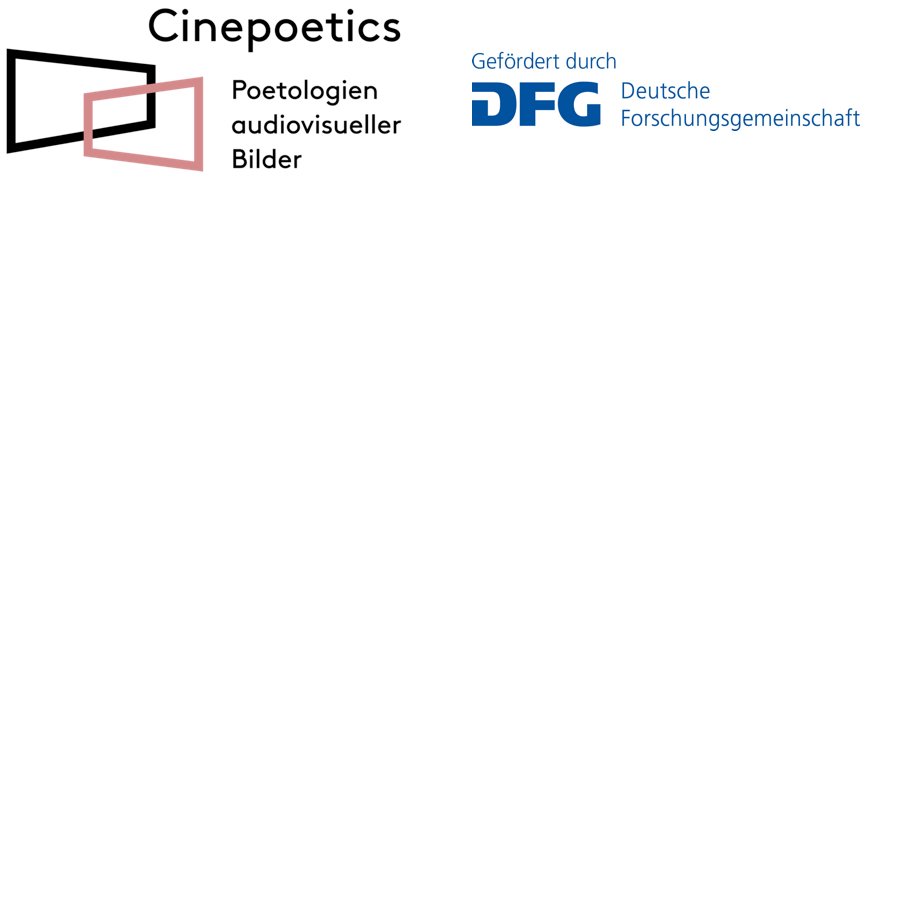Film images model the spatiotemporal coordinates of perception and thus create new frameworks for cognitive and semiotic processes. This thesis will be at the heart of the research group's work. It is based on the fundamental thesis that technical media are by no means mere means of communicating given facts; rather, they are technical extensions of our perception that alter the conditions of understanding, judging, and imagining. This generally accepted topos, however, is in contradiction to large parts of current research on film and other audiovisual media, which generally understands discourses of cinematic images as merely the represented facts.
Our objective is to explore film images themselves as discourse. To this end, the topos of the thinking of films as a theory of the ‘poiesis of seeing films’ will be elaborated. On this basis, a methodology of the analysis of film discourses will have to be developed and the history of audiovisual moving images will have to be reconstructed as a history of the production of ever new poetologies of a thinking in film images. In addition to the projects of the two speakers and their collaborators, an international fellows program as well as the exchange with associated researchers on site are at the center of the Kolleg research group.
"The approval of the Kolleg research group is an important signal for the strategic networking of film and media studies in the Berlin-Brandenburg region, which will also benefit sustainably from the continuous presence of internationally renowned fellows," Prof. Wedel is certain.
Further information on the website of the Kolleg research group.


